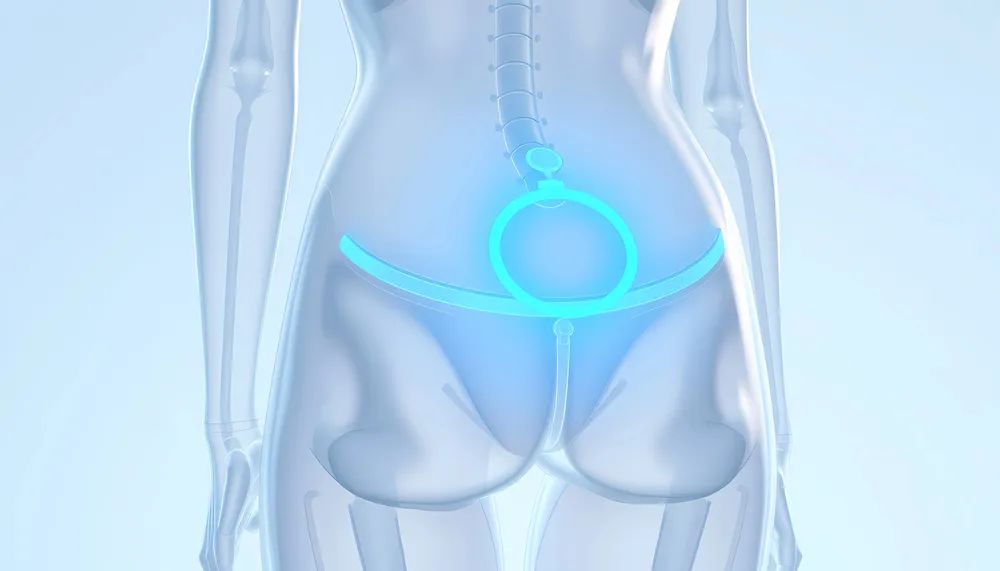10,000 Steps a Day: Does it Really Help You Keep Fit?
2021-06-11

With fitness technology on the rise, many are taking on the challenge of walking 10,000 steps to stay healthy and lose weight. Read on to discover the benefits of walking and decide if this challenge is for you.
Technology has made its way into every aspect of our lives. With the popularity of activity trackers and other fitness technology products that track the number of steps you take daily on the rise, many are aiming to walk 10,000 steps in an attempt to stay healthy and lose weight. However, some are skeptical – is this just another fitness myth or is there any research that backs it up?
Why such a specific number?
“10,000 steps a day” isn’t a magic number for everyone to follow. However, it is a good indicator of how much physical activity the average person should be achieving in a day.
Does walking 10,000 steps a day really help you stay fit?
The majority of weight loss programs recommend a deficit of 200 – 300 calories per day, using moderate to vigorous exercise to lose 0.5 – 1kg a week. For the average person, walking 10,000 steps a day, with 3,000 of those steps at a brisk walking to jogging pace, should be enough to burn the necessary calories for weight loss as long as you maintain the calorie deficit – in other words, control what you eat.
However, everyone is different. The answer to this question truly depends on who’s asking. There are a few factors that you should consider before deciding if this form of exercise is right for you.
Your BMI
Your body mass index (BMI), which is a value derived from your weight and height, can give you a rough estimate of how quickly your body can burn calories – larger people with larger BMIs tend to burn more calories during activity, as compared to smaller people with smaller BMIs, whose bodies require more physical activity to lose the same amount of calories. This is why overweight people find it easier to burn excess fat at first but can struggle as they approach their ideal goal as they need to do more exercise to burn the same amount of calories than they did before.
The intensity of your walks
If you’re already walking more than 10,000 steps a day, or if you’re a fairly active person trying to lose more weight, the basic 10,000 steps may not be enough for you. You can increase the intensity of your walks to burn more calories by increasing your:
· Distance covered
· Walking speed
For a start, use a basic pedometer to estimate the calories you’ve burned based on your walking step count and your current BMI. You may also opt for activity bands and advanced pedometers that take into account the speed of your walk when estimating the calories you’ve burned.
How to set the right goals for yourself
Self-awareness is the name of the game. Determine how fit and healthy you are. Afterwards, decide on a workout plan based on your fitness level and finally – stick to it.
You may also want to seek professional help to guide you through your journey.
5 health benefits of walking every day
With all that being said, walking every day does have various health benefits for everyone, whether you’re a professional athlete or a couch potato. Just remember to wear a mask before heading out!
#1: Strengthen your heart
Walking a minimum of 30 minutes a day, 5 times a week reduces your risk of coronary heart disease. This decreases even more when you increase the intensity of your walk per day.
#2: Lowers your blood sugar levels
One study has shown that taking a short walk after meals may help lower your blood sugar levels. Taking a post-meal walk near your immediate neighborhood as part of your daily routine will help you fit some form of exercise into your busy schedule.
#3: Longer-lasting joints
If you’re worried about having weak joints as you age, this is good news for you. Walking regularly can help protect your joints, especially your knees and hips. This is because walking helps lubricate and strengthen your muscles that support your joints.
#4: Improve your mood
Studies have shown that walking can improve your mental health by reducing anxiety and depression. Taking solo walks near your immediate neighborhood not only help improve your mood, they can also provide you with a boost of self-esteem. Alternatively, you can also opt to start on an exercise routine indoors.
#5: Energy boost
It may seem counter-intuitive but going for a walk when you are tired may be a more effective energy boost than having a cup of coffee. Walking increases oxygen flow throughout your body. It also increases levels of cortisol, epinephrine, and norepinephrine, which help elevate energy levels.
With these benefits, start walking today or check with our doctors what type of exercise will be suitable for you! For more information or to make an appointment with one of our Physicians, call 400.819.6622.
Article reviewed by Dr. Warren Ho, Internal Medicine ParkwayHealth

Copyright: Health Plus an online health and wellness web resource developed by Parkway Singapore
References:
What Are the Benefits of Walking? Retrieved 17/06/2019 from https://www.healthline.com/health/benefits-of-walking#immunity
10,000 steps a day: Too low? Too high? Retrieved 17/06/2019 from https://www.mayoclinic.org/healthy-lifestyle/fitness/in-depth/10000-steps/art-20317391
Walking: Trim your waistline, improve your health. Retrieved 17/06/2019 from https://www.mayoclinic.org/healthy-lifestyle/fitness/in-depth/walking/art-20046261
What is body mass index (BMI)? Retrieved 17/06/2019 from https://www.webmd.com/diabetes/qa/what-is-body-mass-index-bmi
This is how many calories you need to cut in order to lose weight. Retrieved 19/11/2019 from https://www.news.com.au/lifestyle/health/diet/this-is-how-many-calories-you-need-to-cut-in-order-to-lose-weight/news-story/f4c5b70654fc4b5f09a2bdf8fc664d0a
Metabolism and weight loss: How you burn calories. Retrieved 19/11/19 from https://www.mayoclinic.org/healthy-lifestyle/weight-loss/in-depth/metabolism/art-20046508





























